/dc3f617c-a6a1-4f4d-9cac-c06046c30d6a.png)
Software Engineering Requirements Analysis Template
Review Rating Score
If you are a software engineer or a professional dealing with software development projects, you understand the importance of gathering and documenting requirements accurately. To help you streamline this process and ensure project success, BizzLibrary.com offers a comprehensive Software Engineering Requirements Analysis Template.
Why is Requirements Analysis Crucial?
Requirements analysis serves as the foundation for software development projects. It involves identifying, documenting, and validating the needs of the client or end-user. By conducting a thorough requirements analysis, you gain a clear understanding of the project scope, goals, and functionalities, which helps to:
- Align with Client Expectations: The requirements analysis allows you to collaborate closely with the client, ensuring that the final product matches their expectations and needs.
- Define Project Scope: By clearly defining the project scope, you set boundaries and prevent scope creep, which can lead to project delays and budget overruns.
- Prioritize Efforts: Requirements analysis helps you identify the critical functionalities and prioritize them based on their importance and potential impact.
- Facilitate Communication: A well-documented requirements analysis enables effective communication between the development team, stakeholders, and clients.
- Prevent Costly Errors: By identifying and addressing potential issues early on, you can minimize errors and rework, ultimately saving time and cost during the development process.
Key Components of the Software Engineering Requirements Analysis Template
Our Software Engineering Requirements Analysis Template is designed to streamline the process of gathering and documenting requirements. It includes the following key components:
- Project Overview: Provides an overview of the project, its objectives, and stakeholders involved.
- Client Needs: Outlines the specific needs of the client or end-user and includes their goals and expectations.
- Functional Requirements: Documents the specific functionalities and features of the software system.
- Non-Functional Requirements: Captures requirements related to performance, security, usability, compatibility, and other non-functional aspects.
- System Constraints: Identifies any constraints that may impact the development process or system architecture.
- Use Cases: Describes various scenarios or user interactions with the software system.
- Assumptions and Dependencies: Specifies any assumptions made during the requirements analysis and identifies any dependencies on external factors.
Download the Software Engineering Requirements Analysis Template
Streamline your software development process by downloading our Software Engineering Requirements Analysis Template in DOCX format. This template serves as a comprehensive guide, ensuring that all necessary requirements are captured and communicated effectively.
Click here to download the Software Engineering Requirements Analysis Template from BizzLibrary.com and drive your software projects towards success!
Is the template content above helpful?
Thanks for letting us know!
Reviews
Diedre Reid(8/3/2023) - AUS
Thank you for this!
Author. Content was provided by:
Elizabeth Davis
Elizabeth is from the sunny desert city of Phoenix, Arizona. She is thrilled to connect with professionals and like-minded individuals who share a passion for social technologies, content creation, and the exciting possibilities that AI brings to the world of social media. Her hobbies are hiking, climbing, and horse riding. Elizabeth has a master's degree in Social Technologies that she received at the ASU (Arizona State University). As a freelancer, she mostly contributes content related to IT. This includes articles on templates and forms provided by our community.
Follow Elizabeth
Last modified
Our Latest Blog
- The Importance of Vehicle Inspections in Rent-to-Own Car Agreements
- Setting Up Your E-mail Marketing for Your Business: The Blueprint to Skyrocketing Engagement and Sales
- The Power of Document Templates: Enhancing Efficiency and Streamlining Workflows
- Writing a Great Resume: Tips from a Professional Resume Writer
Template Tags
Need help?
We are standing by to assist you. Please keep in mind we are not licensed attorneys and cannot address any legal related questions.
-
Chat
Online - Email
Send a message
You May Also Like
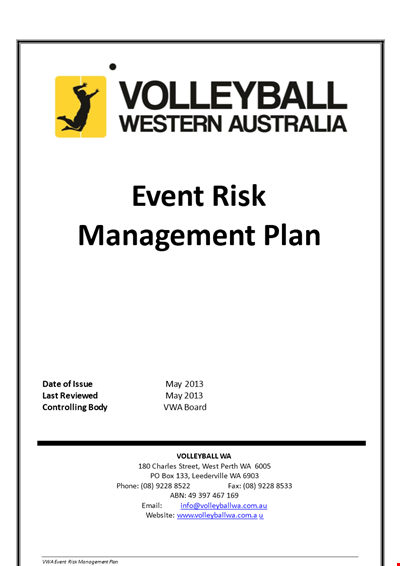
Event Risk Management Plan
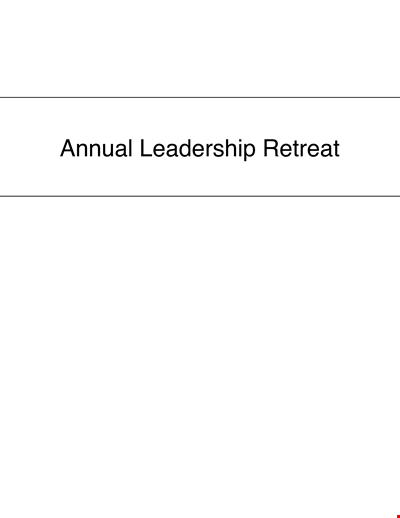
Sample Leadership Retreat
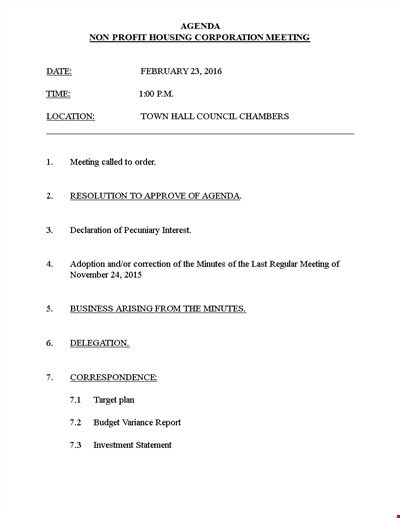
Non Profit Agenda Example

Perfect Christmas Birthday Gift List

Corporate Development Agenda Template - Streamline and Enhance Development Initiatives Globally
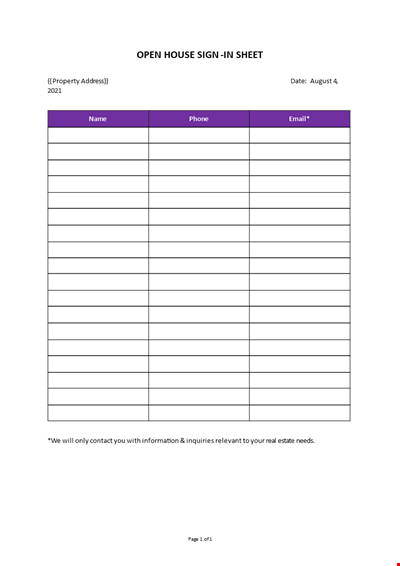
Open House Sign-in Sheet
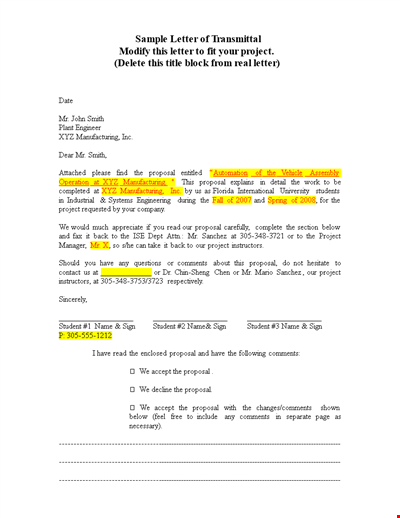
Letter Of Transmittal Template - Create a Professional Project Transmittal Letter
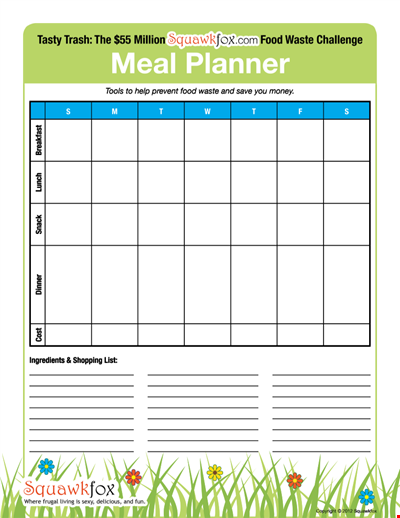
Create an Efficient Meal Planning Calendar for Easy Meal Preparation
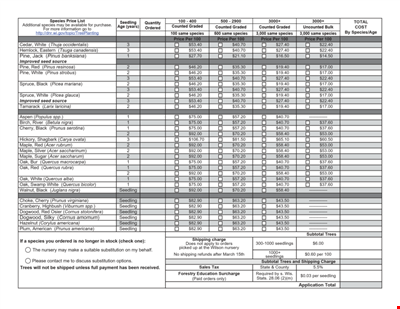
Seedling Price List - Affordable Saplings for Your Garden | Buy Best Quality Seedlings Online
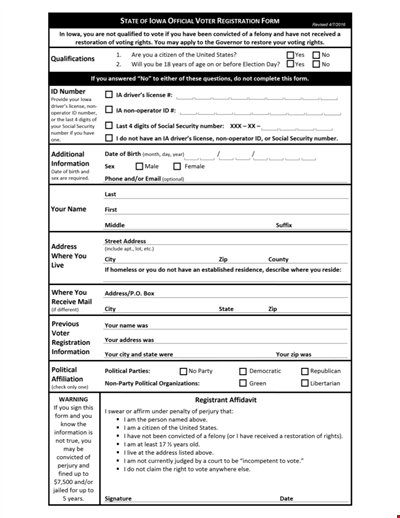
Printable Voter Registration Form

Department Material Requisition Form

Colored College Ruled Paper

College Ruled A Size Paper Template
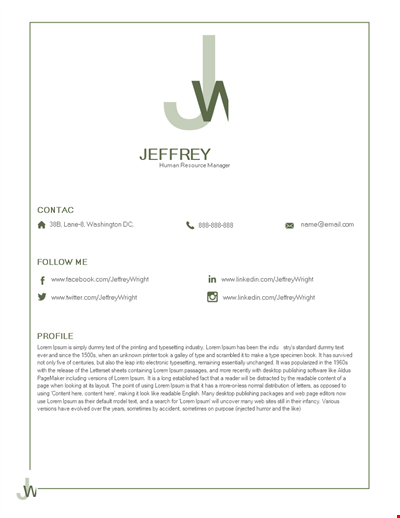
Management Resume Us Letter
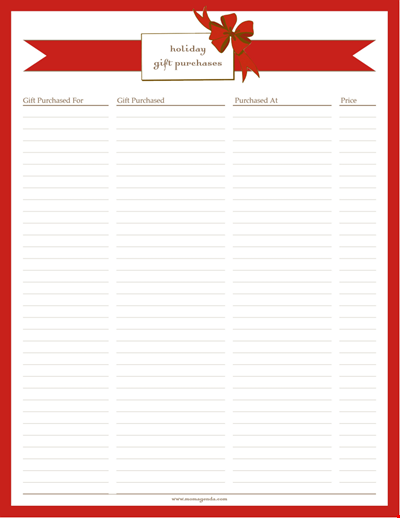
Organize Your Holiday Gift Purchases with our Template
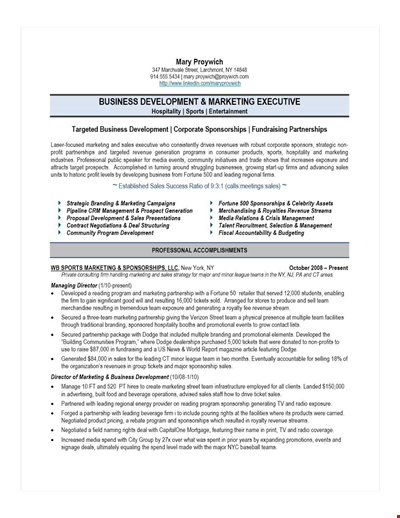
Experienced Corporate Sponsorship Sales Resume - Boost Your Career Today!